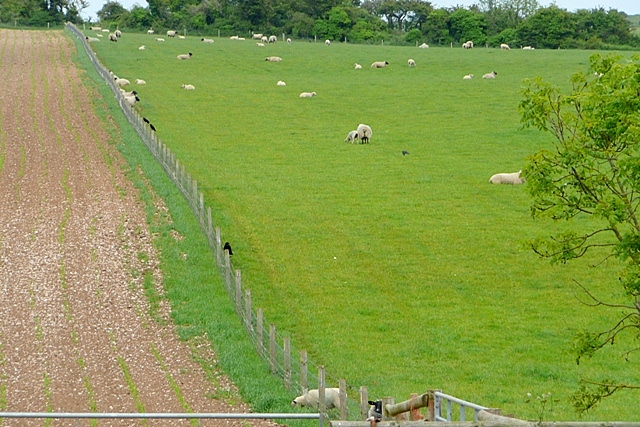
The Environment Agency (EA) is stepping up its efforts to support farmers who might face slurry storage challenges during the upcoming winter season.
Due to persistent wet weather, the EA is advising farmers to start preparing now and to reach out for assistance if needed.
Wet conditions throughout the year have already strained farm storage capacities. With the potential for continued wet weather, it's crucial to ensure adequate storage and a solid backup plan.
The EA's Winter Ready campaign aims to assist farmers nationwide with slurry storage issues. They encourage farmers to:
Ensure Adequate Storage: Have at least six months of storage capacity to comply with the Farming Rules for Water, allowing for slurry spreading based on crop and soil needs.
Cover Storage Facilities: Cover slurry tanks, lagoons, and pits, and use the summer to fix drainage and clear guttering to keep clean and dirty water separate, reducing slurry volume.
Manage Additional Materials: Avoid accepting sludge, digestate, or other materials unless immediately needed. All producers are responsible for proper disposal of bi-products and waste.
Nicola Riley, EA Deputy Director for Agriculture, emphasized:
“We know the profound impact that wet weather can have on farmers and their slurry storage. It is important that we help farmers to get ready ahead of time by supplying guidance and practical solutions.
That’s why we’re urging farmers to start their preparations now, with the Environment Agency on hand to help farmers find the right solutions that work for them”.
Farmers are encouraged to contact their local EA Officer or call the EA’s National Customer Contact Centre hotline at 03708 506 506 for advice.
Slurry Infrastructure Grant: Provided by Defra to help farmers enhance or expand their slurry storage capacity and improve the use of organic nutrients.
Countryside Stewardship Capital Grants: Offers funding for various capital items like slurry store covers, roofing, concrete yards, and drainage systems. Catchment Sensitive Farming advisors are available to visit farms and provide tailored advice.
A wet winter and spring have already increased pressure on slurry storage, with many farmers struggling to manage volumes due to increased rainfall and reduced spreading opportunities. Even those who prepared last year faced challenges, underscoring the need for proactive support from the EA.
Farmers are urged to take action now to ensure they are prepared for another potentially difficult winter season. Photo by Graham Horn / Mixed farming at Lychpole Farm / CC BY-SA 2.0, Wikimedia commons.



































